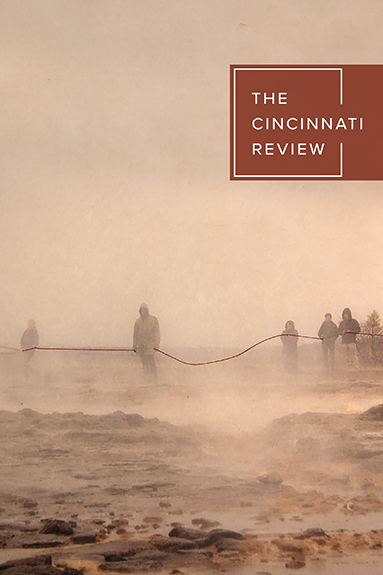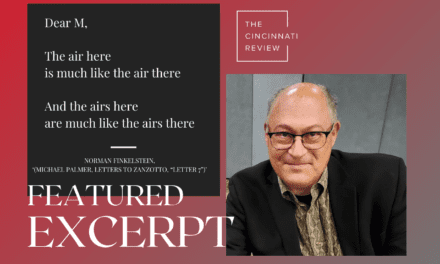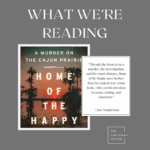As a child, I puzzled over the biblical story of Eve’s creation from one of Adam’s ribs: “And the LORD God caused a deep sleep to fall upon Adam, and he slept: and He took one of his ribs, and closed up the flesh instead thereof; And the rib, which the LORD God had taken from man, made He a woman, and brought her unto the man” (Gen. 2:21–22, King James Version).
This made God the first surgeon. I pictured Him as an elderly, gray-bearded man, plunging His callused fingers into Adam’s body, parting the younger man’s tender skin like He would later part the waves of the Red Sea. After plucking Adam’s rib from his spine as deftly as my mother snapped the wishbone of a roasted chicken, He then, I imagined, stitched up the wound with the fibrous threads of a palm frond.
But a lot of critical details seemed to be missing from the story. How did God stop Adam’s bleeding? What about pain? And how did He make sure Adam woke up again? I knew about these things because my grandmother had gone in for surgery when I was five. She slept for a very long time after, too long, my mother explained, and when she finally woke up, she seemed like a different person.
As I grew, more questions came to me: Why a rib and not some other bone? Did it have something to do with people thinking women should be curvy? How many ribs did Adam have to begin with? Twenty-four or twenty-five? Either number seemed unbiblical—what with the Ten Commandments, forty days, forty nights, one hundred cubits and all. So, did this mean that after God made Eve, Adam lived out his years with only twenty-three ribs?
Many people, it turns out, have this question, some even believing that all humans assigned male have one fewer rib than females. To be male, then, if we follow this line of thought, is to be always in a state of deficit, a little bit short on bone.
Jay Sibara (he/they) is associate professor of women’s, gender, and sexuality studies at Colby College. His writing has appeared most recently in Literature and Medicine and Moss. He lives on the island Pesamkuk in unceded Wabanaki territory.
For more of this essay or other great literary nonfiction in Issue 21.1, order now in our online store. Digital copies are only $5.










